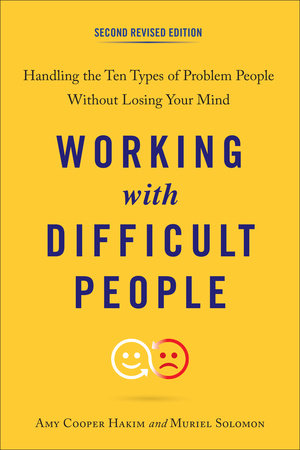In the Business of Getting Along:
4 Simple Tips for Surviving Your Kids’ Tween Years
by Amy Cooper Hakim, Ph.D.
“Your kids get along so well!” I used to hear that all of the time from loved ones and strangers alike. Of course, there were minor instances of bickering. But, in general, my three children played together beautifully, complimented one another, shared their toys, and even helped to clean each other’s rooms. My husband and I were literally living a dream parenting life … that is, until the tween years hit.
First, let me express my pure gratitude for having so many years of peaceful interactions. When I told my friends that my kids were finally really fighting, many chuckled at the fact that this just happened for the first time after 12 years of parenting. Sadly, our dinner table talk went from comfortable, loving chatter to purposeful, jarring sibling insults. Car rides after school were no longer pleasant times to share and catch up. Instead, I became the referee with a throbbing headache.
Until a few months ago, I raised my voice so infrequently that the kids laughed when I yelled. That was fine for all of those years when I didn’t have to yell because everyone was making “good choices.” But, once the children started arguing and not listening, I knew that I needed to reel things in quickly.
As an industrial-organizational psychology practitioner, I help people at work to get along better by improving the lines of communication and enhancing workplace morale and productivity. Oftentimes, conflict at work (and at home) stems from the “noise” resulting from unclear communication. By being clear, direct, and tactful, we can get what we want and need from most relationships. So, I adapted four key relationship tactics to ensure that my kids can get along better, too:
1. Clearly State Expectations
First things first, we needed to open the lines of communication. So, my husband and I called a family meeting. We laid down the law about expectations for proper behavior. We explained why this is so important and how we would all be happier if we worked together as a family.
We shared that it’s normal to get upset and to try to push one another’s buttons. But, we reminded the kids that they could not purposefully upset one another or there would be a consequence. We discussed what might be a fair consequence and also shared that they would be warned once before being punished.
2. Give Honest and Frequent Recognition
The kids were not thrilled by these new rules. One even asked if they would be rewarded for being kind. (Yikes!) My husband and I quickly agreed that we couldn’t bribe our kids to do their job in our family, just like you can’t effectively bribe someone to do their job in the office. But, we could recognize good behavior. Surprisingly, star charts work even for 12-year-olds.
3. Coach Immediately, Critique Privately
When there is a problem, we don’t hold off on coaching or disciplining. Rather, we pull that child to the side and discuss why the poor behavior occurred. We ask the child what they might do the next time to avoid the altercation and ultimate punishment. We also ask how we might help the child to meet their responsibilities. For instance, my 10-year-old said that she wouldn’t yell at her younger sister if she didn’t interrupt her while she was doing her homework. So, we designated a no TV period until all kids finish their homework.
4. Make Words Count
If we take away 30 minutes of screen time, we don’t give it back just because they whimper. If we agree to a reward for good behavior, we follow through on that commitment, too. My dad always did what he said he was going to do, and I respected that. I knew that I could count on him and that made me feel safe and loved. We want our kids to respect us and to feel safe, too.
No one is perfect, and healthy relationships include a solid dose of disagreement and frustration. However, as parents, it is our job to set the bar for expected behavior, to lead by example, and to be consistent in our messaging. It’s amazing to note that it was just as easy to put these principles into practice at home as it is in the workplace. Kids (and employees) thrive when boundaries are clear, direct, and fair. Thankfully, the stormy climate has somewhat subsided at the Hakim home, although I fear that we will not have pure peace and quiet until the adolescent years are behind us. We do, though, have mostly pleasant dinner conversations and generally happy car rides, so we’re headed in the right direction.
You’ll excuse me for jumping off now … I have to go break up another fight.
To discover additional tips and tricks for handling difficult relationships, be they with your children, your boss, or your colleagues, check out Dr. Hakim’s book:
-
Working with Difficult People: Handling the Ten Types of Problem People Without Losing Your Mind
Available from:Also available from:

